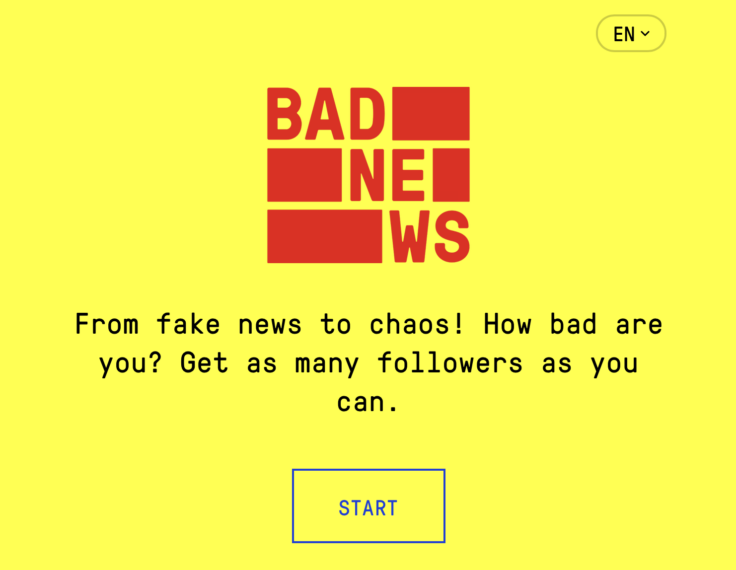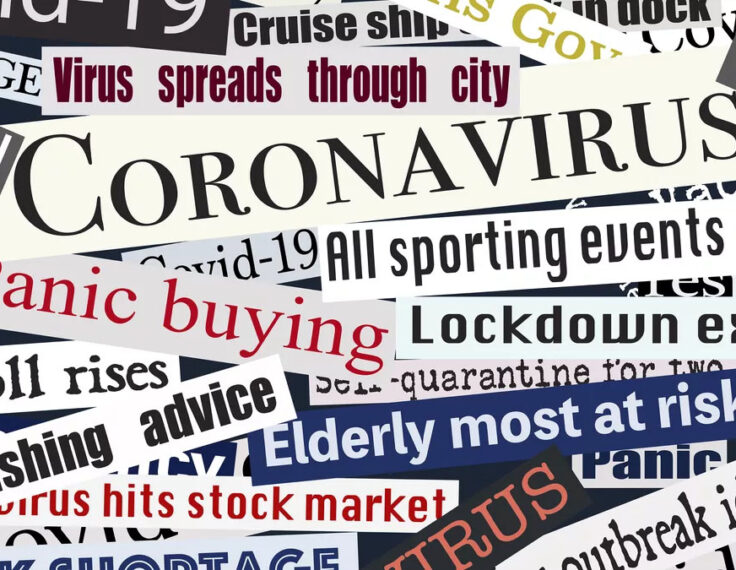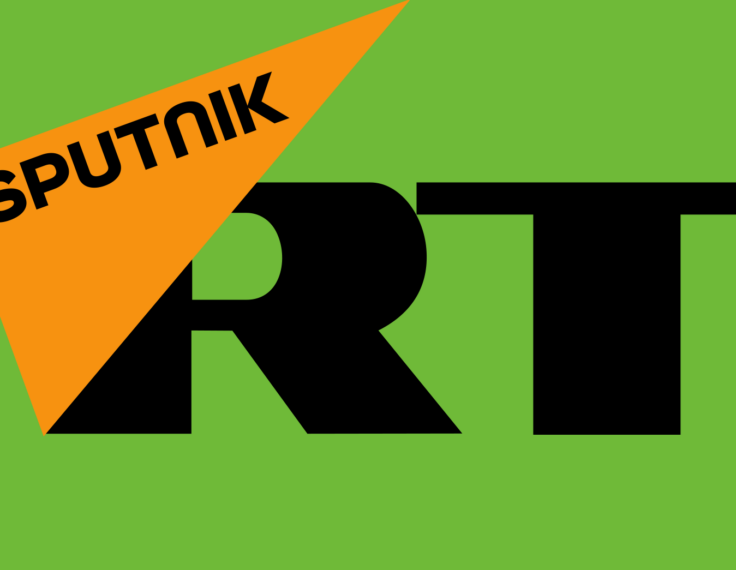Explore All Articles
All Articles
Article Topic

Disparities by design: Toward a research agenda that links science misinformation and socioeconomic marginalization in the age of AI
Miriam Schirmer, Nathan Walter and Emőke-Ágnes Horvát
Misinformation research often draws optimistic conclusions, with fact-checking, for example, being established as an effective means of reducing false beliefs. However, it rarely considers the details of socioeconomic disparities that often shape who is most vulnerable to science misinformation. Historical and systemic inequalities have fostered mistrust in institutions, limiting access to credible information, for example, when Black patients distrust public health guidance due to past medical racism.

Gamified inoculation reduces susceptibility to misinformation from political ingroups
Cecilie Steenbuch Traberg, Jon Roozenbeek and Sander van der Linden
Psychological inoculation interventions, which seek to pre-emptively build resistance against unwanted persuasion attempts, have shown promise in reducing susceptibility to misinformation. However, as many people receive news from popular, mainstream ingroup sources (e.g., a left-wing person consuming left-wing media) which may host misleading or false content, and as ingroup sources may be more persuasive, the impact of source effects on inoculation interventions demands attention.

Debunking and exposing misinformation among fringe communities: Testing source exposure and debunking anti-Ukrainian misinformation among German fringe communities
Johannes Christiern Santos Okholm, Amir Ebrahimi Fard and Marijn ten Thij
Through an online field experiment, we test traditional and novel counter-misinformation strategies among fringe communities. Though generally effective, traditional strategies have not been tested in fringe communities, and do not address the online infrastructure of misinformation sources supporting such consumption. Instead, we propose to activate source criticism by exposing sources’ unreliability.

Measuring what matters: Investigating what new types of assessments reveal about students’ online source evaluations
Joel Breakstone, Sarah McGrew and Mark Smith
A growing number of educational interventions have shown that students can learn the strategies fact checkers use to efficiently evaluate online information. Measuring the effectiveness of these interventions has required new approaches to assessment because extant measures reveal too little about the processes students use to evaluate live internet sources.

Assessing misinformation recall and accuracy perceptions: Evidence from the COVID-19 pandemic
Sarah E. Kreps and Douglas L. Kriner
Misinformation is ubiquitous; however, the extent and heterogeneity in public uptake of it remains a matter of debate. We address these questions by exploring Americans’ ability to recall prominent misinformation during the COVID-19 pandemic and the factors associated with accuracy perceptions of these claims.

Support for “doing your own research” is associated with COVID-19 misperceptions and scientific mistrust
Sedona Chinn and Ariel Hasell
Amid concerns about misinformation online and bias in news, there are increasing calls on social media to “do your own research.” In an abundant information environment, critical media consumption and information validation are desirable. However, using panel survey data, we find that positive perceptions toward “doing your own research” are associated with holding more misperceptions about COVID-19 and less trust in science over time.

Designing misinformation interventions for all:
Perspectives from AAPI, Black, Latino, and Native American community leaders on misinformation educational efforts
Angela Y. Lee, Ryan C. Moore and Jeffrey T. Hancock
This paper examines strategies for making misinformation interventions responsive to four communities of color. Using qualitative focus groups with members of four non-profit organizations, we worked with community leaders to identify misinformation narratives, sources of exposure, and effective intervention strategies in the Asian American Pacific Islander (AAPI), Black, Latino, and Native American communities.

Mapping the website and mobile app audiences of Russia’s foreign communication outlets, RT and Sputnik, across 21 countries
Julia Kling, Florian Toepfl, Neil Thurman and Richard Fletcher
Following Russia’s invasion of Ukraine, policymakers worldwide have taken measures to curb the reach of Russia’s foreign communication outlets, RT and Sputnik. Mapping the audiences of these outlets in 21 countries, we show that in the quarter before the invasion, at least via their official websites and mobile apps, neither outlet reached more than 5% of the digital populations of any of these countries each month.

Audio misinformation on WhatsApp: A case study from Lebanon
Azza El-Masri, Martin J. Riedl and Samuel Woolley
Since 2019, Lebanon has witnessed sequential crises that have routinely spurred media attention. A great deal of misinformation has proliferated during these events, much of it spreading on WhatsApp. One format is particularly understudied: audio instant messages, otherwise known as voice notes.
